NREL plant-based epoxy enables recyclable carbon fiber; more cost-effective, lower GHG footprint
Green Car Congress
JANUARY 30, 2022
Researchers at the National Renewable Energy Laboratory (NREL) have shown that making carbon fiber composites with bio-based epoxies and an anhydride hardener makes the material fully recyclable by introducing linkages that are more easily degraded. Synthesizing carbon fiber involves temperatures of more than 1,000 °C.


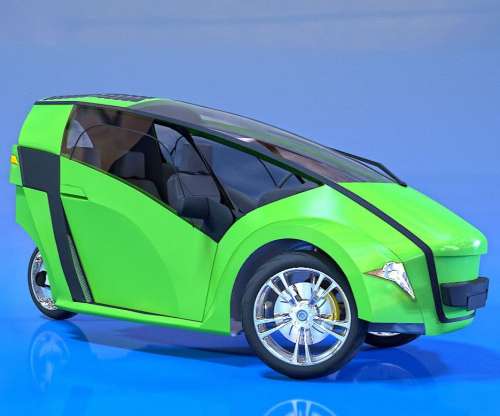
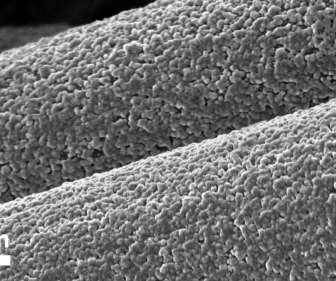

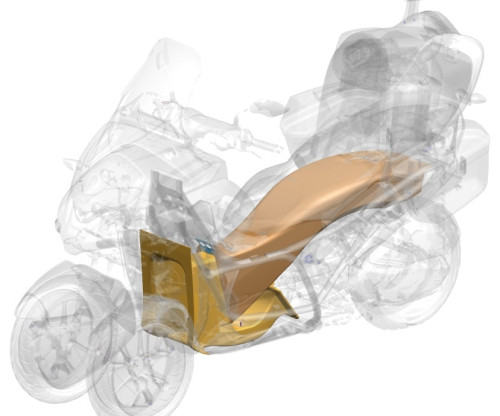




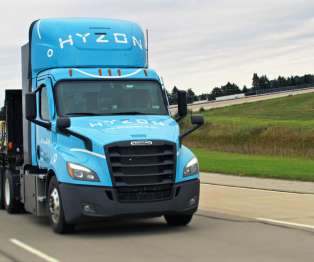












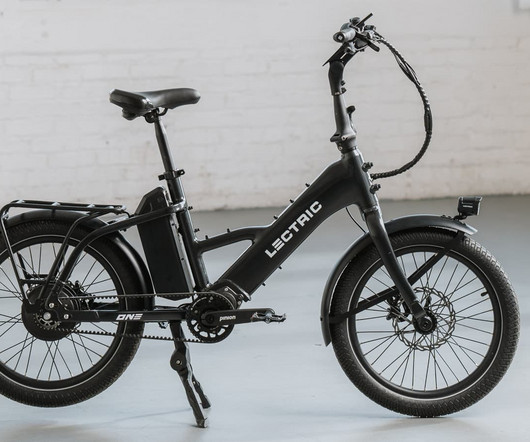








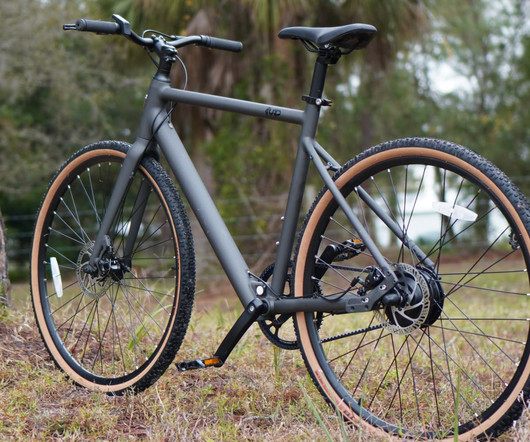







Let's personalize your content